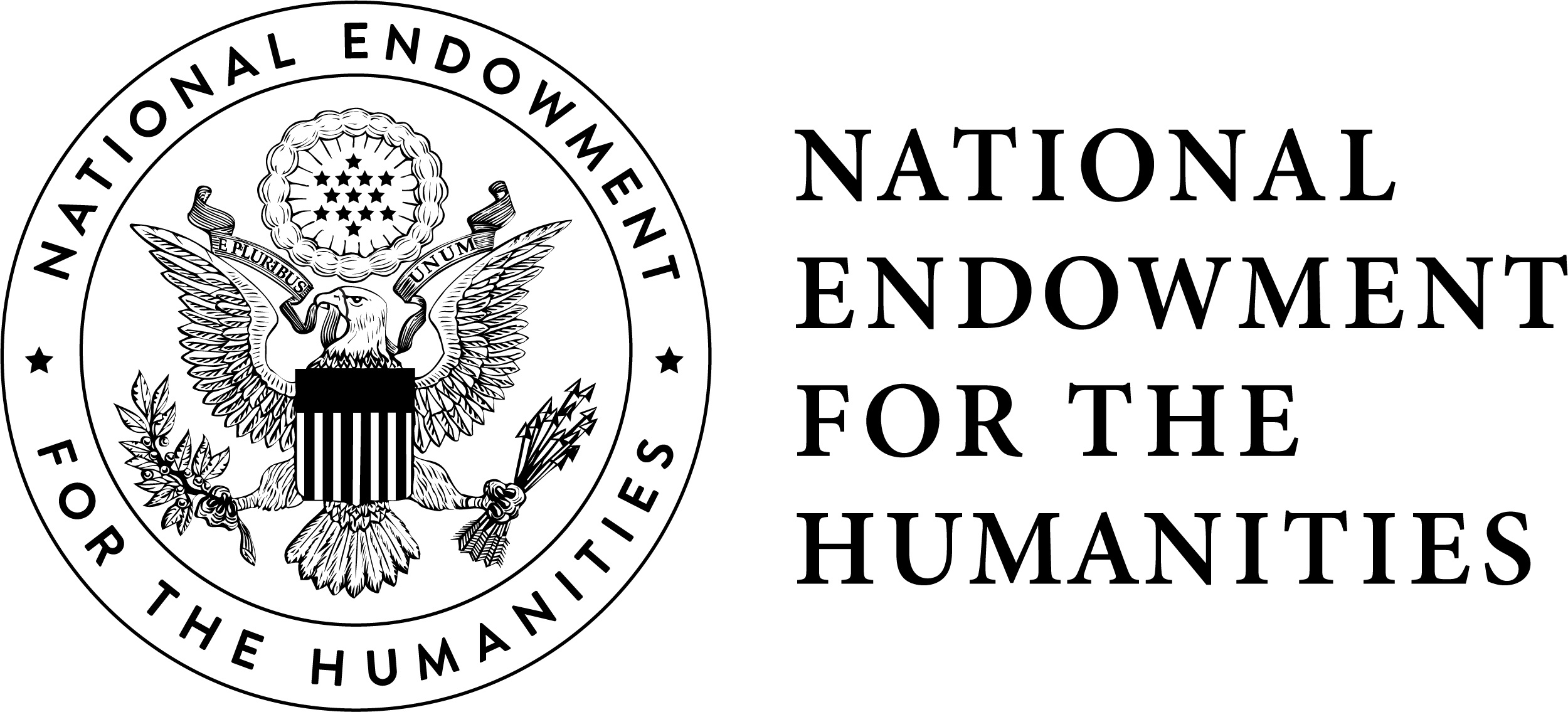Monticello guide Justin Bates discusses Jefferson's interest in the Louisiana Territory, his hopes for an "Empire of Liberty" across the North American continent, and the Purchase's lasting legacies for the United States and for the indigenous nations that existed prior to the arrival Europeans.
Kyle Chattleton: This is Mountaintop History, a podcast produced by the Thomas Jefferson Foundation at Monticello.
Olivia Brown: Mountaintop History brings forward meaningful stories from this historic home and plantation — from the past and from the present.
Kyle Chattleton: My name is Kyle Chattleton.
Olivia Brown: And I'm Olivia Brown.
Kyle Chattleton: Thank you for joining us. We hope you'll learn something new.
In 1803, President Thomas Jefferson's administration negotiated the acquisition of more than 800,000 square miles of land west of the Mississippi River from Napoleonic France. This land deal, the Louisiana Purchase, fundamentally altered the course of the United States' development and the future of American Indian nations.
Justin Bates, Monticello guide and house tour supervisor at the Thomas Jefferson Foundation, explains.
Justin Bates: Thomas Jefferson envisioned an "empire of liberty" that would spread across the breadth of the North American continent, connecting distant people in places through shared principles of self-governance and individual rights. He believed that as ambitious Americans pushed westward, wealth and prosperity would flourish.
Countering this romantic narrative was the reality that the land called Louisiana was, in fact, the ancestral home to hundreds of Indigenous cultures with national and tribal governments that did not consider themselves American.
On their expedition west, Lewis and Clark and the Corps of Discovery encountered the people of around 50 separate nations. With the aid of a Shoshone woman named Sacagawea, Lewis and Clark experienced mostly peace in their exploratory and diplomatic mission, yet also informed Native American chiefs of the power and sovereignty of their new "great white father" in Washington, DC, referring to President Thomas Jefferson. Most Native Americans ignored this message.
Through treaties, President Jefferson sought to "cultivate an affectionate attachment" with various nations, while also encouraging them to adopt white European and American methods of agriculture, education, and commerce. In accordance with Jefferson's erroneous belief in a racial hierarchy, Native Americans' adaptation of white customs would put them on the path from savagery to civilization, as he saw it.
These policies, and what Jefferson viewed as benevolent treatment of Indigenous peoples, hinged on their willingness to accept them. In a letter to William Henry Harrison in 1803, Jefferson wrote, "should any tribe be fool-hardy enough to take up the hatchet at any time, the seizing the whole country of that tribe & driving them across the Missisipi, as the only condition of peace, would be an example to others, and a furtherance of our final consolidation."
Ultimately, the Louisiana Purchase opened the western portion of the North American continent to white settlement, Native American displacement, and decades of bitter war, disease, and conflict over who would have ultimate control over the land. Like all of American history, this chapter provides us with a complicated legacy, one in which Enlightenment ideas of self-governance and individual rights spread westward, but also one in which thousands of people lost a way of living, a culture, a home, and in many instances, their own lives.
But many of the nations encountered by Lewis and Clark over 200 years ago still exist and thrive — nations whose descendants continue to share their ancestors' stories of survival and resilience, and Indigenous Americans continue to fight today for sovereignty, equity, and cultural recognition, as citizens of the United States.
Olivia Brown: This has been another episode of Mountaintop History, a collaboration podcast between WTJU and the Thomas Jefferson Foundation.
Kyle Chattleton: This episode of Mountaintop History was made possible in part by a major grant from the National Endowment for the Humanities.
Join us for new episodes every two weeks on Apple and Google Podcasts, Spotify, and the Virginia Audio Collective.
Olivia Brown: To learn more about Monticello or to plan your next trip, visit us online at Monticello.org.
 This podcast was made possible in part by a major grant from the National Endowment for the Humanities. Any views, findings, conclusions, or recommendations expressed in this program do not necessarily represent those of the National Endowment for the Humanities.
This podcast was made possible in part by a major grant from the National Endowment for the Humanities. Any views, findings, conclusions, or recommendations expressed in this program do not necessarily represent those of the National Endowment for the Humanities.



